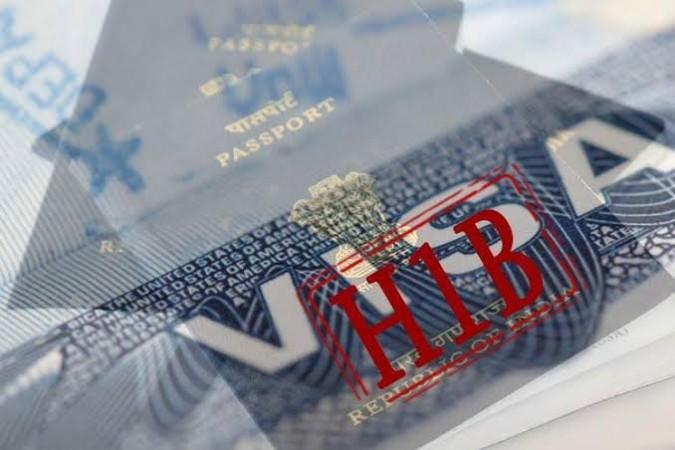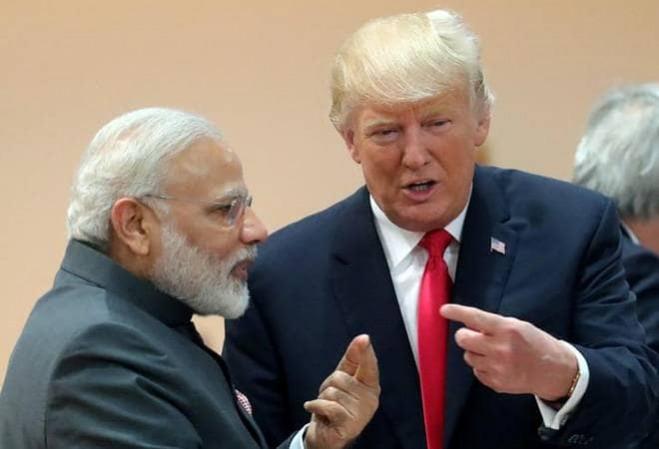Just within six months of implementing a temporary ban on H-1B visas, the Trump administration once again this week announced an "interim final rule" which will "strengthen" the non-immigrant work visa programme.
This new regulation could actually lead to one-third of the applications being rejected. A temporary ban on the H-1B visa was already there till the end of this year but now it seems that the administration has recommended a complete overhaul, which would mean that employers would have to pay H-1B visa workers substantially higher salaries and also shorten the tenure of these visas.
Consequences are fierce
Overall, the rejection rate which was around 15 percent in 2019 would go up to about 33 percent following this move. This move would be significantly be impacting Indian workers who account for about 78 percent of H-1B applicants. The H-1B visa is a very important kind of non-immigration visa used by technology workers and outsourcing who want to go and work in the United States.
Executive policies announced by agencies such as the Department of Homeland Security (DHS) or the US Citizenship and Immigration Services (USCIS) require them to consult stakeholders and give them a notice period of 60 days and seek comments before any sweeping changes are brought in. This method allows agencies such as DHS to act with urgency and within a specified time after a new rule or law is made.

What new policy changes bring to the table?
In the latest announcement on the proposed policy changes, the DHS said that USCIS would forgo the usual 60-day comment and notice period to "immediately ensure that employing H-1B workers will not worsen the economic crisis caused by COVID-19".
The impact that the pandemic was having on the US economy and its domestic workers was an "obvious and compelling fact" which justified the agency issuing an interim final rule.
A lot of critics have voiced out that the move was politically motivated because it comes just a month ahead of the presidential elections.
The new rules will be effective 60 days from their publication in the Federal Register, which is the official journal of the US government, much like the Gazette of India.

H-1B visas, most often used by Indian and Chinese companies, are generally approved for a period of three years for a person, but many visa holders change employers to extend their US stay. The visa norms have often been criticized for allowing cheap labor in the US at the expense of its local workforce.
As of April 1, 2020, the US Citizenship and Immigration Services (USCIS) had received about 2.5 lakh H-1B work visa applications, according to official data. Indians had applied for as many as 1.84 lakh or 67 percent of the total H-1B work visas.
Since the DHS has proposed to narrow down the definition of what would constitute a "specialty occupation", it is likely that the 65,000 visas issued every year would be brought down significantly.








